Diamante poems are seven-lined, diamond-shaped poems that don’t rhyme, using parts of speech to create a visual and thematic contrast. Explore diverse diamante poem examples, from simple nature themes to complex comparisons, and unlock creative expression. Master the structure and rules of diamante poems with step-by-step guides and create your own stunning poetic diamonds. Discover the power of contrast and connection in diamante poetry, using synonyms or antonyms to build evocative imagery.
Understanding the Diamante Structure
A diamante poem is a seven-line, unrhymed poem structured in a diamond shape. It derives its name from the Italian word for “diamond,” reflecting its unique visual structure. This shape isn’t merely aesthetic; it guides the poem’s flow and meaning, creating a powerful visual representation of the contrasting or similar concepts it explores. Each line utilizes specific parts of speech to achieve this effect.
Deconstructing the Diamond
Let’s break down the structure line by line:
Noun (Subject): This is the foundation of your poem, the initial subject or idea you wish to explore.
Two Adjectives: These adjectives describe the noun in Line 1, adding depth and detail.
Three -ing Verbs: These verbs, ending in “-ing” (gerunds or participles), depict actions or states of being related to the initial noun, imbuing it with a sense of dynamism.
Four Nouns (or a Short Phrase): This is the poem’s turning point, the bridge between the initial subject and its contrasting or similar concept. The first two nouns relate to the noun in Line 1, while the latter two introduce the concept that will appear in Line 7. Alternatively, a short phrase can be used to create a smooth transition between the two ideas.
Three -ing Verbs: These verbs relate to the noun that will appear in Line 7, shifting the poem’s focus and energy.
Two Adjectives: These adjectives describe the final noun, offering a new perspective.
Noun (Antonym/Synonym): This noun serves as the apex of the diamond, completing the poem. It is typically an antonym (opposite) or synonym (similar word) of the first noun, creating a sense of closure or contrast.
Types of Diamante Poems
Diamante poems come in two main varieties: synonym diamantes and antonym diamantes.
Synonym Diamantes
Synonym diamantes use synonyms (words with similar meanings) in Lines 1 and 7. They are particularly useful for delving into the nuances of a single concept, exploring its various facets and associations. They offer a way to examine a single idea under a poetic microscope.
Antonym Diamantes
Antonym diamantes, on the other hand, utilize antonyms (words with opposite meanings) in Lines 1 and 7, establishing a dynamic tension between contrasting forces or ideas. These poems often feel like a miniature debate, playing out the tension between opposing concepts.
Crafting Your Own Diamante Poem
Ready to create your own poetic diamond? Here’s a step-by-step guide to get you started:
Choose Your Subject(s): Select your initial noun and decide whether you want to write a synonym or antonym diamante. If you choose antonym, what opposing concept do you want to explore? If synonym, what aspects of the initial topic do you want to highlight?
Brainstorm: Generate a list of adjectives, -ing verbs, and nouns related to both your starting and ending nouns. Don’t restrict your thinking; the more words you have, the more options you’ll have later.
Arrange the Words: Now, start assembling your diamond. Place your brainstormed words into the seven-line structure outlined above. Experiment with different combinations until you find a configuration that resonates.
Refine and Polish: Once the words are in place, read your poem aloud. Does it flow smoothly? Does it effectively capture the essence of your intended message? Refine your word choices, experiment with rhythm, and polish your poem until it shines.
Diamante Poem Examples
Let’s look at some examples to illustrate these concepts:
Synonym Diamante:
Cat
Furry, Playful
Purring, Sleeping, Pouncing
Paws, Whiskers, Kitten, Fluff
Meowing, Cuddling, Bounding
Tiny, Adorable
Kitten
This example uses “Cat” and “Kitten” as synonyms, creating a connection between the beginning and end. The middle lines smoothly transition from describing a cat to describing a kitten.
Antonym Diamante:
Day
Bright, Sunny
Warming, Shining, Awakening
Sun, Light, Stars, Darkness
Cooling, Dimming, Sleeping
Quiet, Dark
Night
This example uses “Day” and “Night” as antonyms, creating a powerful shift. The middle lines act as a bridge, transitioning from the vibrancy of day to the tranquility of night.
Unleash your creativity with this captivating david and goliath coloring page, where you can bring the legendary battle between the brave shepherd boy and the formidable giant to life with vibrant colors.
Advanced Techniques and Creative Exploration
While the traditional diamante structure offers a solid foundation, don’t be afraid to experiment.
Sensory Diamantes
Engage the reader’s senses by incorporating vivid descriptions that appeal to sight, sound, smell, taste, and touch.
Figurative Language
Elevate your poem by incorporating similes, metaphors, and personification.
Themed Diamantes
Focus your word choices and enhance the poem’s impact by adhering to a specific theme, such as nature, emotions, or abstract concepts.
Hybrid Diamantes
Blend the diamante form with other poetic devices, such as alliteration or assonance, to create unique and complex poetic expressions.
Playing with Structure
Some poets suggest that the four nouns in Line 4 should create a gradual shift from the first noun to the last, blurring the lines between the two concepts. Others propose that some flexibility with parts of speech can create interesting effects, as long as the overall diamond shape and flow are maintained.
Diamante Poems in Education
Diamante poems are not only a form of creative expression but also a valuable educational tool. Their structured nature makes them ideal for teaching parts of speech, expanding vocabulary, exploring themes, and fostering critical thinking skills. The simple yet effective structure provides a framework for students of all ages to experiment with language and express themselves creatively.
By understanding the structure, experimenting with different variations, and refining your word choices, you can craft diamante poems that truly sparkle. So, embrace your creativity, and let your words dance and shimmer on the page.
- Discover Long Black Pepper: Flavor & Health Benefits - April 25, 2025
- Shocking Twists: The Grownup Review: Unreliable Narration - April 25, 2025
- A Quiet Place Book vs Movie: A Deep Dive - April 25, 2025
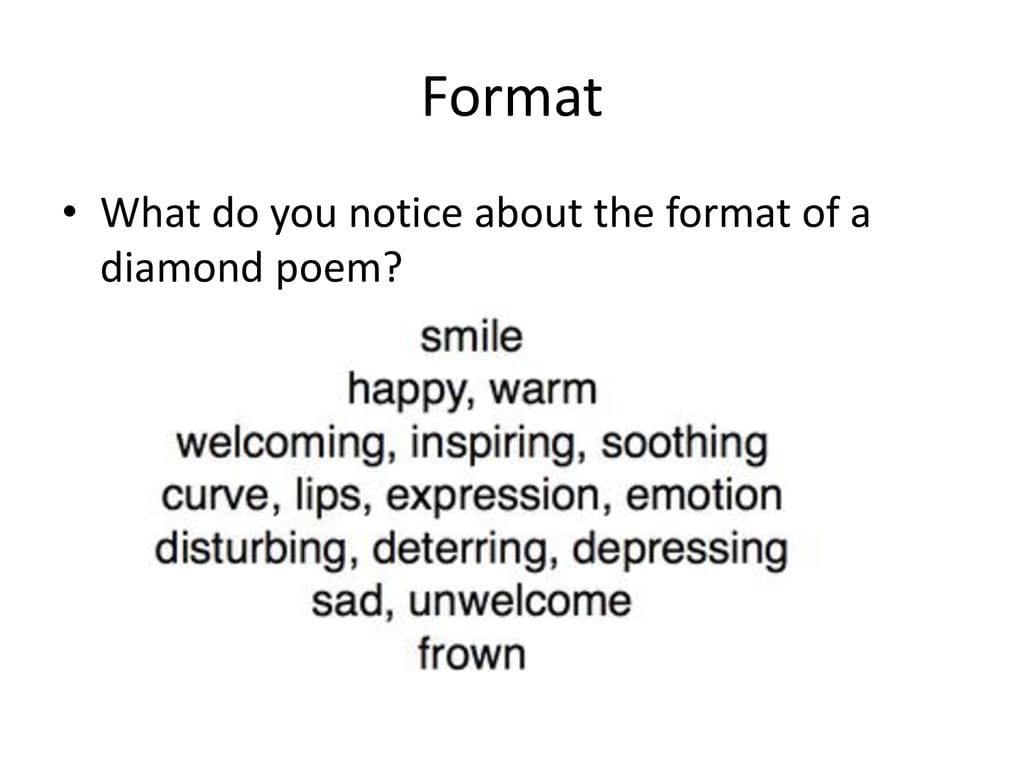
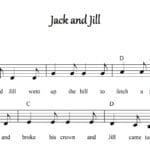

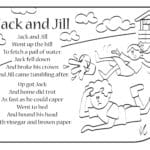
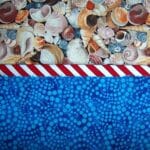
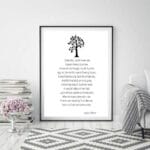











1 thought on “Crafting Brilliant Diamante Poems: Examples and a Comprehensive Guide”
Comments are closed.